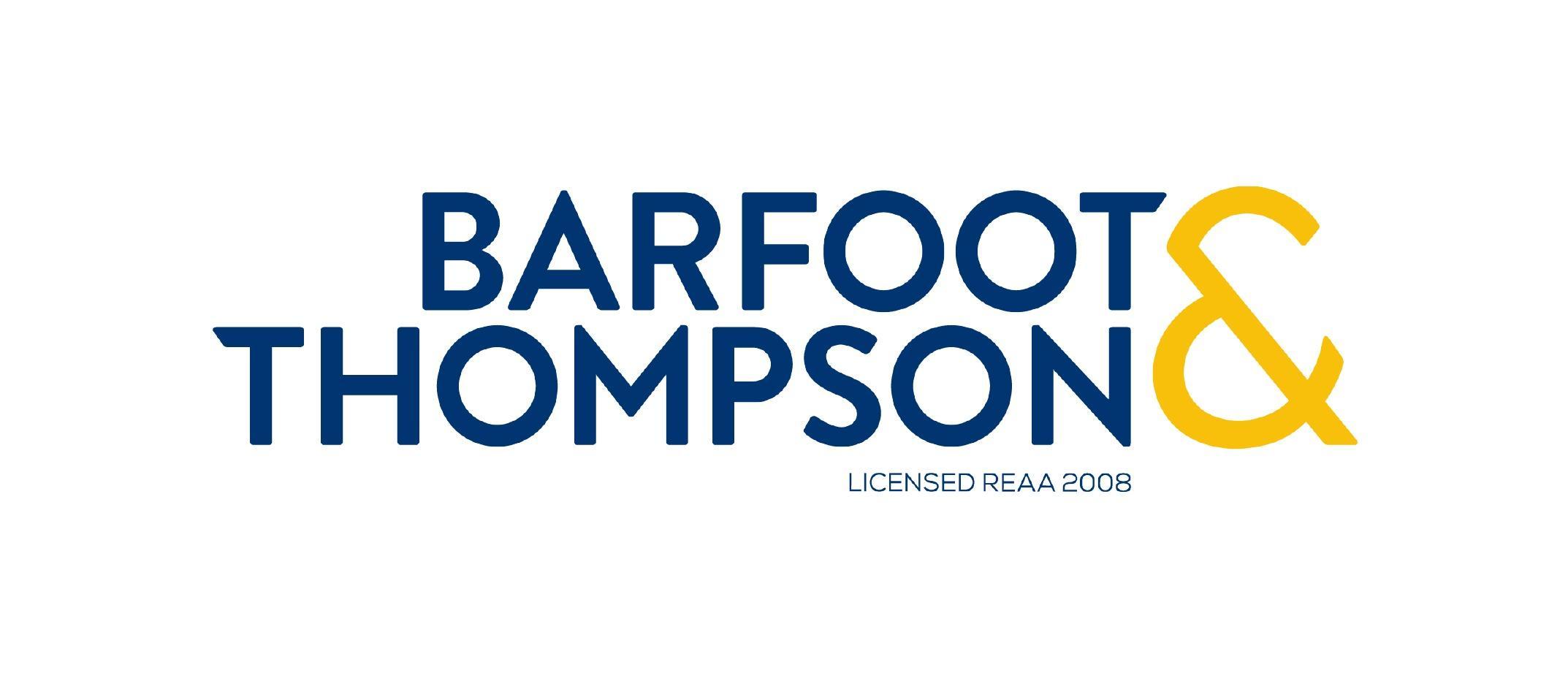The recent publication of Brooking v Imrie [2020] NZTT Timaru 4216438 gives
some insight, albeit sketchy, into what the Tribunal looks for when ordering a tenant to compensate the landlord for meth testing.
The facts
- This is a cross-application case concerning a periodic tenancy from July 2017 to October 2019.
- The circumstance of the tenant’s exit was somewhat unusual. The tenant vacated on the 7th of October leaving behind an “associate” to clean up the
property. The landlord acquiesced to the associate remaining on the property for what looks like four days. - During the tenancy, activities on the property gave rise to sufficient concern for the police as to have armed officers entering onto the property
on at least one occasion. - On testing, the property was found to be significantly contaminated with meth so much so that retesting was required after decontamination to establish
the property as suitable for occupation for future tenants. - It is unclear from the order whether there was a pre-tenancy baseline test (the adjudication made no mention of it so we assume not) and when the significant
level of meth was first detected at the property (we assume this came to light post-termination). - The tenant submitted that he had not been involved in any meth-related activities at the premises during the tenancy. It is unclear how the tenant
had substantiated his claim for good character in this instance. - During the hearing, the landlord withdrew his claim to be compensated for costs associated with the remediation of methamphetamine contamination.
The landlord’s claim
Among other things, the landlord asked to be compensated for fees associated with post-decontamination re-testing ($4,022.70 😱) and made a general reference
to exemplary damages.
Is the tenant liable?
A damage claim largely plays out in the following fashion:
- The landlord proves that damage to the property (that which is more than fair wear and tear) occurred during the tenancy.
The burden of proof shifts to the tenant.
- The tenant proves that he had not carelessly or intentionally cause or permit others to cause the damage.
If so proven the tenant is not liable for the damage.
If not, the tenant is liable to the following extent:
Careless damage after 27th August 2019 that is covered by the landlord’s insurance: the tenant is liable to the lesser of the insurance excess or four
weeks’ rent.
Careless damage after 27th August 2019 that is either not insured or not covered by the landlord’s insurance: the tenant is liable up to four weeks’ rent.
Intentional damage caused or permitted by the tenant: the tenant is entirely liable for the damage.
In this instance, the Adjudicator Talbot considers that “…. it has not been established that the contamination of the premises arose from any
intentional act by the tenant.” Without explicitly saying so, the Adjudicator seems to have found the tenant’s assertion of not having been involved
in meth-related activities on the premises during the tenancy sufficiently convincing. This is in contrast with the Rent Real Estate Limited v Staub [2020] NZTT Auckland 4214782 where irrespective of a lack of pre-tenancy baseline test, the Adjudicator, in that case, was prepared to conclude that the tenant had intentionally
and illegally contaminated the property with meth by relying on the previous occupant’s good standing in the community and the tenant’s social
media posts that clearly portray a party-heavy lifestyle.
Oddly, however, Adjudicator Talbot is quite prepared to order the landlord to be compensated for meth testing and retesting simply because armed police
officers had attended the property at least once during the tenancy giving the landlord reasonable cause to test. The bar is set high for exemplary
damages and set low for compensation – as it should.
Take-home for landlords
- While routine meth testing that takes place in between tenancies is largely expected to be at the landlord’s cost, Brooking suggests that
the Tribunal is open for the landlord to scale a fairly low bar when it comes to seeking compensation for testing fees (i.e. as long as a reasonable
cause for testing is established). - A lack of a pre-tenancy baseline meth test can seriously weaken a landlord’s case for compensation and exemplary damages.
- Inconsistency around what the Tribunal is prepared to hold the tenant liable for (compensation for meth testing even when no intentional damage
has been concluded) fall short at giving landlords and tenants the clarity we all need to navigate tenancy rules vis-à-vis meth contamination.
Overall helpfulness scale (out of 5)
(Because let’s be honest, Tribunal decisions can be a bit of a mess but still, landlords and tenants need all the help we can get!)
⭐️⭐️













Add Comment